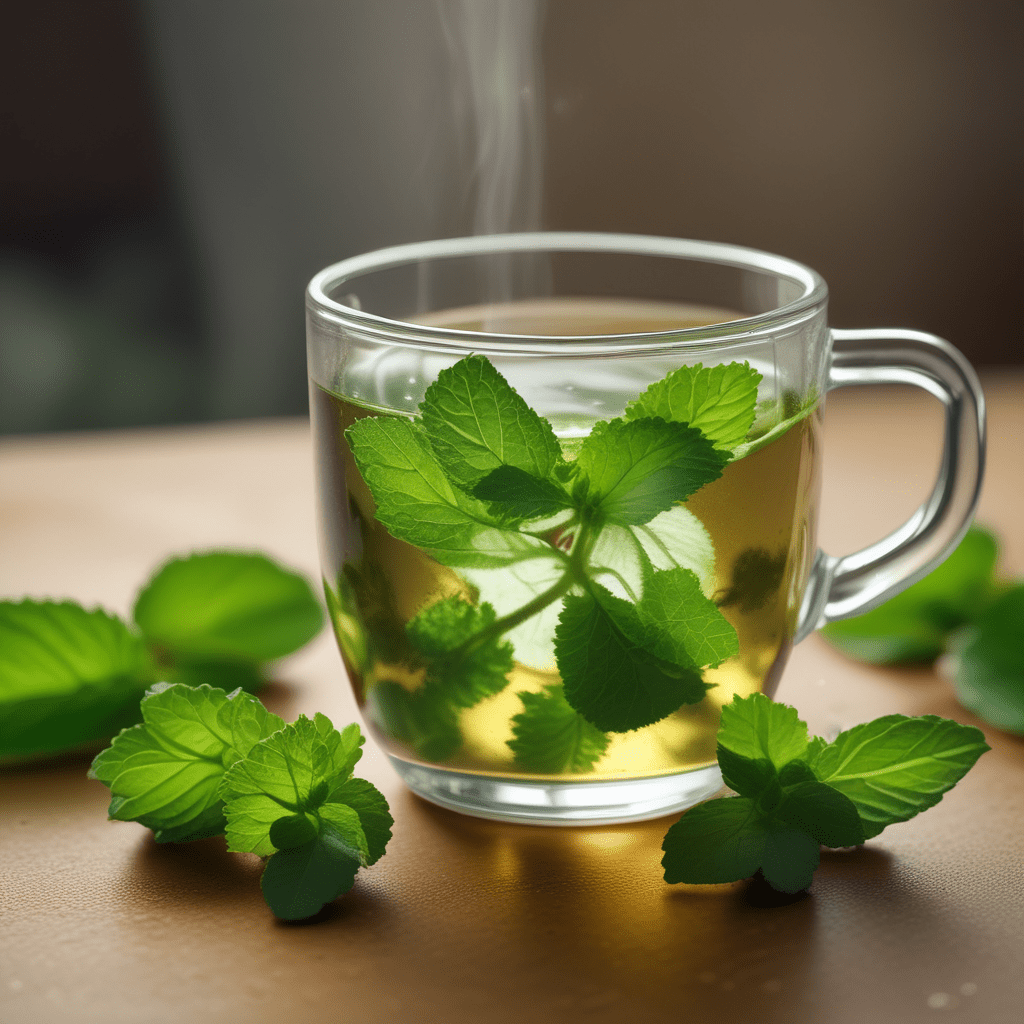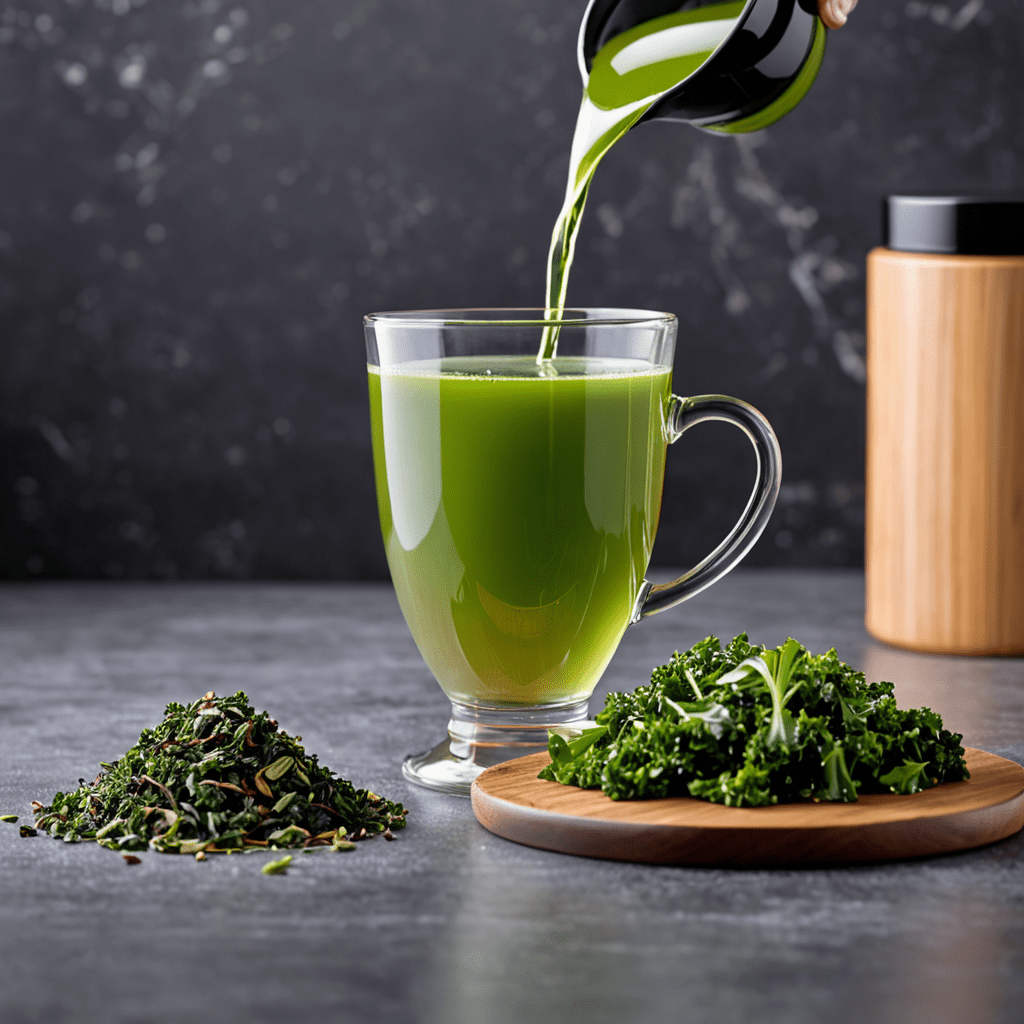Introduction
Matcha, a finely ground green tea powder, has gained immense popularity for its vibrant green hue and numerous health benefits. Among its many purported properties, matcha has garnered attention for its potential to promote restful sleep. This article delves into the relationship between matcha and sleep, exploring the scientific evidence behind its reputation as a sleep-enhancing beverage.
What is Matcha?
Matcha is a unique form of green tea made from shade-grown tea leaves that are harvested, steamed, dried, and ground into a fine powder. This meticulous process preserves the tea's vibrant color and concentrated nutrients. Matcha contains a higher concentration of polyphenols and antioxidants compared to regular green tea, making it a potent source of protective compounds.
Matcha and Caffeine
Matcha contains caffeine, a natural stimulant that can improve alertness and focus. However, the caffeine content in matcha is lower than that found in coffee, and it is released gradually over time. This gentle release of caffeine provides a sustained boost in energy without the jitters or crashes often associated with coffee consumption.
Matcha and L-Theanine
In addition to caffeine, matcha is rich in L-theanine, an amino acid that promotes relaxation and reduces stress. L-theanine has been shown to interact with caffeine, mitigating its stimulating effects and promoting a state of calm alertness. This unique combination of caffeine and L-theanine in matcha creates a balanced effect that supports both mental clarity and physical relaxation.
Matcha and Sleep Science
Research suggests that matcha's unique combination of caffeine and L-theanine may positively influence sleep. A study conducted on healthy volunteers found that consuming matcha three hours before bedtime improved sleep quality and reduced sleep latency, the time taken to fall asleep. The participants reported feeling more relaxed and less stressed, indicating that matcha's calming effects may promote a more restful night's sleep.
Matcha and Sleep Quality
Matcha may contribute to enhanced sleep quality by reducing feelings of stress and anxiety. L-theanine, present in matcha, has been shown to promote relaxation without causing drowsiness. By reducing stress levels, matcha may create a more conducive environment for falling asleep and staying asleep. Additionally, matcha's antioxidants may help protect against oxidative stress, which has been associated with sleep disturbances.
Matcha and Sleep Duration
Some studies suggest that matcha may have a positive impact on sleep duration. By reducing stress levels and improving sleep quality, matcha may encourage individuals to sleep for longer periods. However, more research is needed to fully understand the relationship between matcha and sleep duration.
Matcha and Sleep Latency
As mentioned earlier, research indicates that matcha may reduce sleep latency. The combination of caffeine and L-theanine in matcha may promote a state of relaxation while maintaining alertness, helping individuals fall asleep more quickly. However, it's important to note that individual responses may vary, and some people may experience different effects.
Matcha and Sleep Disorders
While matcha has shown promise in promoting sleep in healthy individuals, its impact on individuals with sleep disorders is less clear. More research is needed to determine whether matcha can be a beneficial addition to treatment plans for specific sleep disorders.
Conclusion
The evidence suggests that matcha may offer certain sleep-enhancing properties. Its unique combination of caffeine and L-theanine may contribute to reduced stress levels, improved sleep quality, and shorter sleep latency. However, further research is necessary to fully understand the effects of matcha on sleep, particularly in individuals with sleep disorders. If you are considering using matcha for sleep, it is recommended to consult with a healthcare professional to determine if it is right for you.
Frequently Asked Questions
Can matcha replace coffee before bed?
While matcha contains caffeine, its effects are milder and more sustained than coffee. It may be a suitable alternative for those sensitive to caffeine or looking for a more relaxing bedtime beverage.How much matcha should I drink before bed?
The recommended amount of matcha before bed varies depending on individual tolerance. Start with a small amount and gradually adjust based on how you feel.Can matcha help with nightmares or night terrors?
There is limited scientific evidence on the effects of matcha on nightmares or night terrors. However, some individuals have reported anecdotal benefits from consuming matcha before bed.
- Is matcha safe for children and pregnant women?
Matcha contains caffeine, which may be harmful to children and pregnant women. It's recommended to consult with a healthcare professional before consuming matcha if you fall into these categories.


